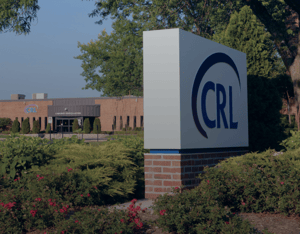As most physicians and many families can attest, coronary artery bypass graft (CABG) patients often show memory issues and other cognitive issues after bypass surgery. These issues may continue to progress, and a 2001 NEJM article objectively documented these anecdotal findings for both the short and long-term. This led to 20 years of attempts to reduce the problem ascribed mostly to the circulatory bypass part of the procedure. Unfortunately, these attempts including performance of CABG off-pump on the beating heart have yielded little progress.
But now we have an alternative explanation as published in a May 2021 JAMA article. The authors used the longitudinal Health and Retirement Study, which periodically collects cognitive data, to study memory trajectory before and after both CABG and percutaneous coronary intervention (PCI), the latter of which which does not require surgery. They found that the pace of memory decline was the same for both therapies and did not change after the procedure, and that those requiring either procedure had greater memory loss both before and after the procedures than those without need of such procedures.
In other words, it is the patient – and not the procedure – that is associated with more rapid memory loss. This should not be surprising as multiple studies, including our own CRL reporting, have shown that CV risk factors lead to damage of the blood vessels of the brain as well as the coronary arteries. The answer is not modification of coronary bypass procedures, but aggressive management of diabetes, obesity, hypertension, lipids, etc. before and after any diagnosis of cardiovascular disease.
For the DI and LTC underwriter, those CV risk factors may be just as important as for the life underwriter.
About the Author
Michael Fulks, MD, Consulting Medical Director, is board-certified in internal and insurance medicine. After leaving practice, he served as a medical director, creating or editing several underwriting manuals and preferred programs. For the past 8 years, Dr. Fulks has consulted for CRL, participating in its mortality research on individual tests and all laboratory test results, BP and build in combination. He is also involved in the development and implementation of automated screening tools for non-laboratory data.






